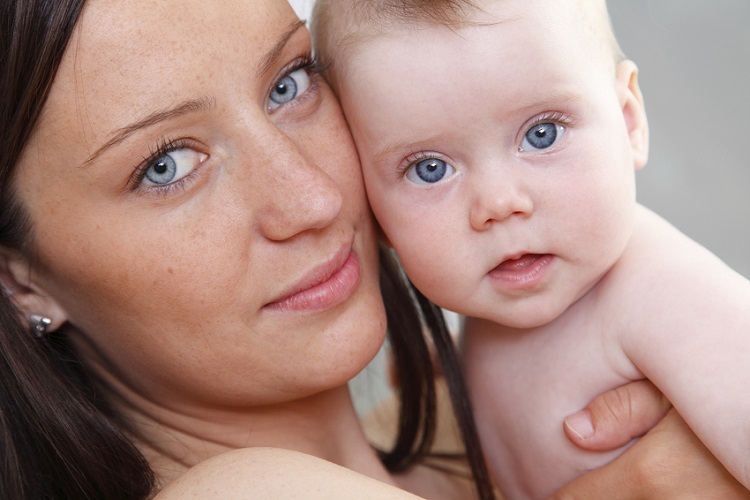Equality for Women

Real equality for women
Feminists opposing abortion
The 19th century feminists were unanimous in opposing abortion. Susan B Anthony, for example, called it "child murder" and a "dreadful deed." Elizabeth Cady Stanton grouped it with infanticide, and claimed that if it was degrading to treat women as property, it was not better for women to treat their own children as property. Victoria Woodhull, the first woman to run for president in the US, proclaimed in 1870 that "the rights of children as individuals begin while yet they remain a fetus."
But it was Mattie Brinkerhoff who, in 1869, expressed the sorrow of abortion most poignantly. When a man steals to satisfy hunger," she wrote, "we may safely assume that there is something wrong in society - so when a woman destroys the life of her unborn child, it is an evidence that either by education or by circumstance she has been greatly wronged."
Anti-war activist Juli Loesch-Wiley was lecturing in Pennsylvania in the 1970s on the effects of nuclear radiation on unborn children, when a woman stood up and said: "If you think radiation damages unborn children, you should see what abortion does." Following a graphic account of an abortion, Ms Loesch-Wiley, who had formerly written in favour of legalised abortion, radically rearranged her thinking. To oppose war and not abortion was hypocrisy, she concluded. She formed Pro-Lifers for Survival to do both.
Pro-choice feminists see them as an enigma: feminist matriarch Gloria Steinem writes off pro-life feminism as a "contradiction in terms." But these vocal dissenters, expelled from the feminist mainstream, steadfastly assert they are the true feminists. What about equal rights for your unborn sister, sisters?
Pro-life feminism's basic tenet is that women cannot liberate themselves by aborting their babies: that society, not the woman, needs to be reconstructed. Says Loesch-Wiley: "Abortion is inconsistent with the rest of the feminist agenda."
Abortion oppresses women
While pro-choice feminists see fertility control as the cornerstone of women's freedom, "life feminists" view abortion as part of the oppression of women. They say it forces women to conform to society built with the model of a childless male in mind. "To say that in order to be equal with men it must be possible for a pregnant woman to become unpregnant at will is to say that being a woman precludes her from being a fully functioning person," says Daphne De Jong, of New Zealand Feminists for Life.
Nor do they believe abortion is the answer to poverty. "The poor cry out for justice and equality and we respond with legalized abortion," says Graciela Oliveras, a Chicana civil rights and anti-poverty worker. Ms Loesch says the mentality is: "Oh, you poor hungry woman, we feel sorry for you. We know just how to help you. Let's kill your kid."

Abortion is "castration" and "desexing" of women. Ms De Jong describes the procedure as "the most violent invasion of their physical and psychic integrity - deeper and more destructive than rape."
Playboy finances abortion
The Playboy Federation is the highest single financial contributor to the cause of abortion rights - and pro-life feminists say it's no coincidence. Abortion is part of the "Playboy" philosophy that sees women as commodities for male convenience and profit.
"Abortion becomes part of the female-body-as-recreational-object-syndrome," Ms Loesch-Wiley told US Catholic. "The idea is that a man can use a woman, vacuum her out and she's ready to be used again."
The intra-feminist conflict is not waged in theory alone. Many pro-life feminists and members of Women Exploited by Abortion have joined in civil disobedience such as blocking abortion clinic entrances.
They also took up the case of anti-war / anti-abortion activist Joan Andrews who was jailed for five years for attempting to unplug an abortion-suction machine in March 1986. Under the auspices of the Pro-Life Non-Violent Action Project, they lobbied intensely for freedom for the 40-year-old, who they called "prisoner of conscience", and publicised her suffering following a "brutal" strip search that Ms Loesch-Wiley described as a "sexual assault". Andrews was freed late 1998.